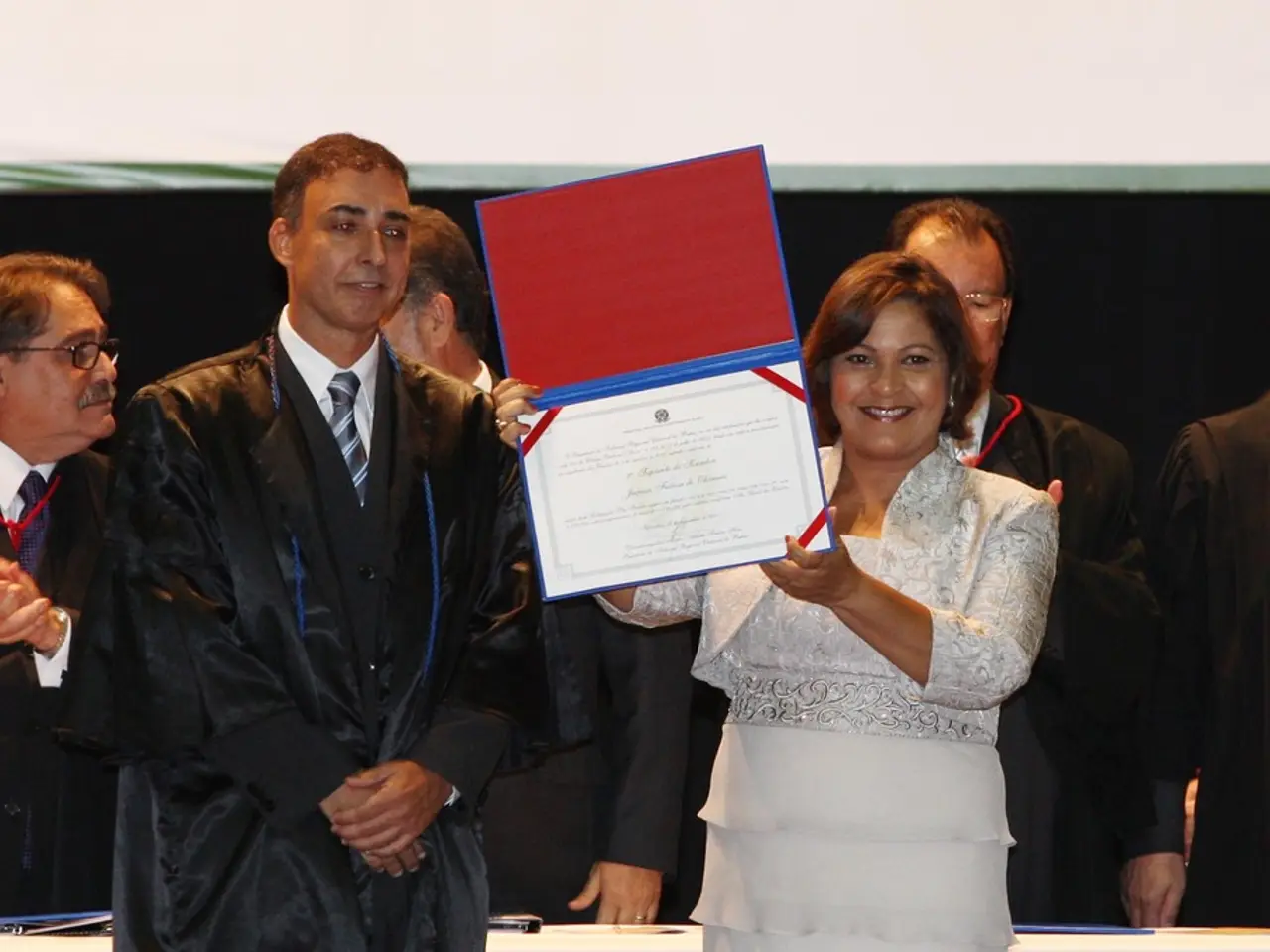Lawyers in North Rhine-Westphalia should also receive the combined Bachelor degree program
North Rhine-Westphalia (NRW) is yet to implement a uniform, integrated Bachelor of Laws (LL.B.) degree, despite broader inter-state agreements and coalition commitments. This delay can be attributed to several systemic, political, and structural factors, as outlined below.
German legal education is deeply rooted in federalism, with each state having significant autonomy over its universities and educational pathways. While there have been discussions about harmonizing legal education, actual implementation has been slow and uneven. NRW, along with other states, remains cautious in adopting new degrees.
Historical and institutional inertia is another significant factor. The traditional German legal education system is centered on the State Examination (Staatsexamen), which is required for access to legal professions. Introducing a new, uniform degree would require overcoming resistance from established interests and adapting curricula, examination regulations, and professional recognition frameworks—a complex, slow process.
Lack of coercive federal mechanisms also plays a role. Inter-state agreements and coalition commitments often lack binding enforcement mechanisms, allowing states like NRW to implement (or not implement) reforms according to their own timelines and priorities.
NRW's universities are active in other areas of excellence, interdisciplinary research, and internationalization. The emphasis on these initiatives may reflect a strategic prioritization over comprehensive legal education reform.
The absence of a decisive political push within the state is another contributing factor. While there have been discussions about modernizing legal education, no strong, unified political initiative at either the national or NRW state level has emerged to decisively break with the traditional Staatsexamen system.
The integrated LL.B. degree, available in Berlin, Hamburg, and Leipzig, could potentially avoid the need for further training or retraining measures for those who fail the state exam. The knowledge gained in this degree can be usefully applied in many other professional fields, opening up new career paths outside of the legal system.
The integrated LL.B. degree could increase the attractiveness of legal studies, as suggested by SPD legal expert Sonja Bongers. Bongers criticized the lack of progress in introducing the integrated degree in NRW and believes that changes in various laws and regulations are necessary to do so. The black-green coalition agreement for NRW includes the provision for the introduction of an integrated Bachelor degree.
Bongers also stated that the integration of the Bachelor degree could increase the attractiveness of legal studies and provide a good foundation outside of the justice system. Graduates of the integrated Bachelor degree could be equipped for professional careers in publishing houses, administrations, and corporations.
In conclusion, the delay in implementing a uniform LL.B. in NRW is primarily due to the decentralized nature of German education policy, institutional inertia surrounding the traditional Staatsexamen, the lack of binding federal enforcement mechanisms, competing educational priorities, and the absence of a decisive political push within the state. Until these factors are addressed, progress toward a harmonized, integrated Bachelor of Laws in NRW is likely to remain incremental and cautious.
- The decentralized nature of German education policy, rooted in federalism and the autonomy of states over universities, has led to a slow and uneven implementation of harmonized education in legal studies, such as the integrated Bachelor of Laws (LL.B.).
- The lack of a decisive political push, both at the national and state levels in NRW, coupled with the resistance from established interests and the complex process of adapting curricula and frameworks, has contributed to the hesitant reform of legal education, including the adoption of new degrees like the integrated LL.B.




